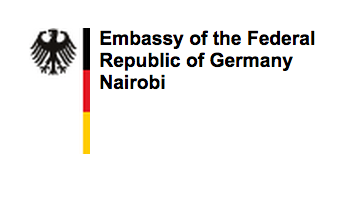Ahmed Abdi Godane: Al-Shabab’s Somali leader
BBC — A reclusive figure with a love of poetry, Ahmed Abdi Godane became a feared jihadist, running assassination and bomb squads in Somalia.
He rose to the helm of the al-Qaeda-linked al-Shabab group in 2008 after a US air strike killed his predecessor Aden Hashi Ayro in a remote village in southern Somalia.
Also known as Mukhtar Abu Zubair, Godane’s ascent to power surprised some observers as he came from the breakaway northern region of Somaliland.
“His rise to power within al-Shabab is unparalleled and in many ways counterintuitive in the history of Somalia’s political and military formations,” Rashid Abdi, an East Africa analyst who specialises on al-Shabab, told the BBC.
“How did someone with no clan constituency in southern Somalia accumulate such powers and manage to command such following in a tribal country where clan loyalties and affiliation trump everything else?”
The answer probably lies in the fact that Godane was free of the clan rivalries which dominate southern Somalia, putting him in an ideal position to unite young Somalis under the banner of a hard-line Islamic ideology.
‘Ex-accountant’
“He became Emir [an Arabic word for leader] of al-Shabab, a title that conferred him great spiritual clout. He became in effect the chief ideologue, custodian and interpreter of the ‘pure’ Salafi jihadi doctrine,” Mr Abdi said.
The BBC Somali service’s Mohammed Mohammed says Godane is fluent in Somali and Arabic, and has a reputation of being a fine orator and poet.
“When he talks, he uses poetry. One of his favourite poets is Mohammed Abdullah Hassan, dubbed the ‘Mad Mullah’ in the West but a big hero for Somalis because he fought against British colonial rule,” he says
Source: BBC
Comments
comments
 Calendar
Calendar







































